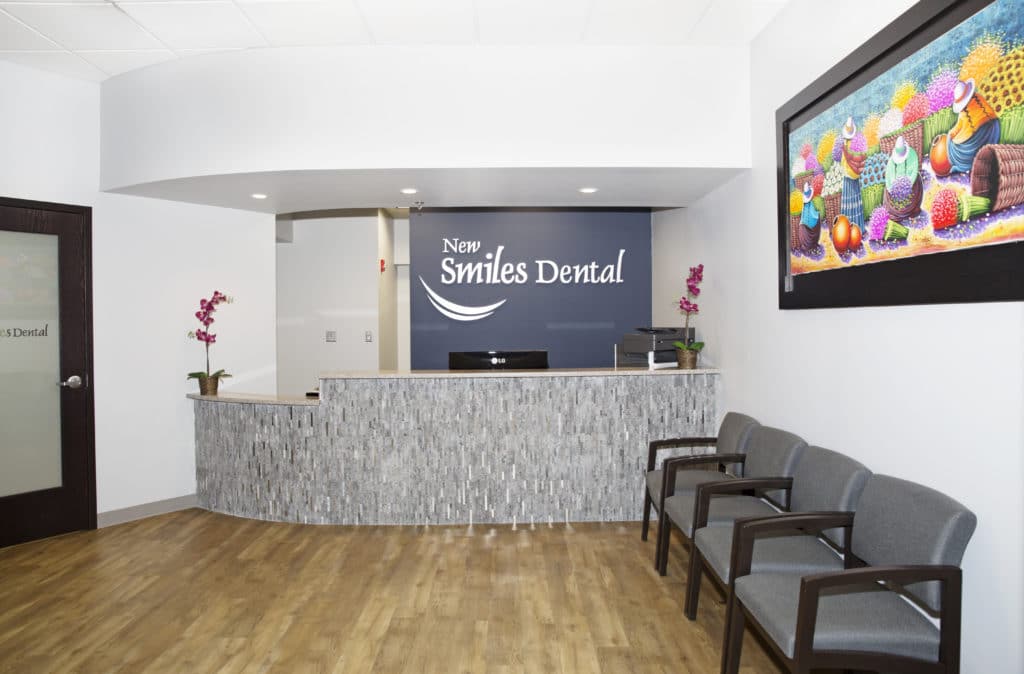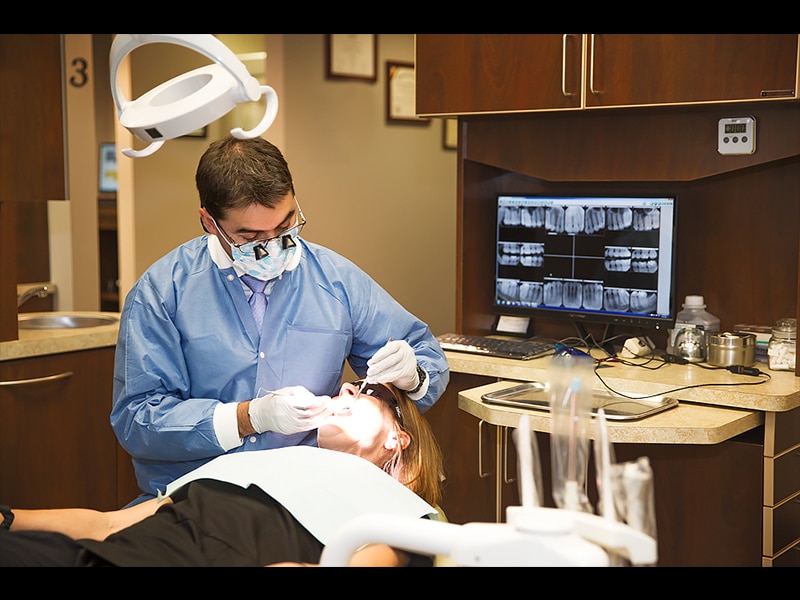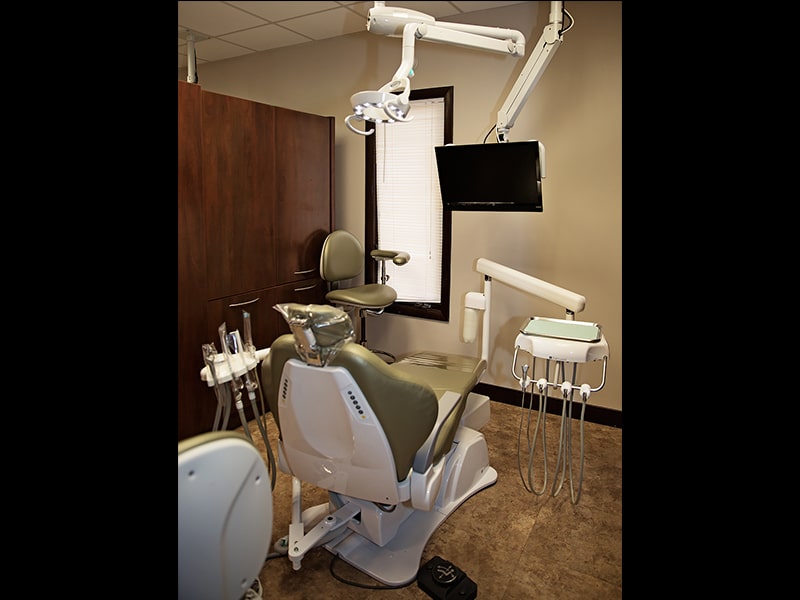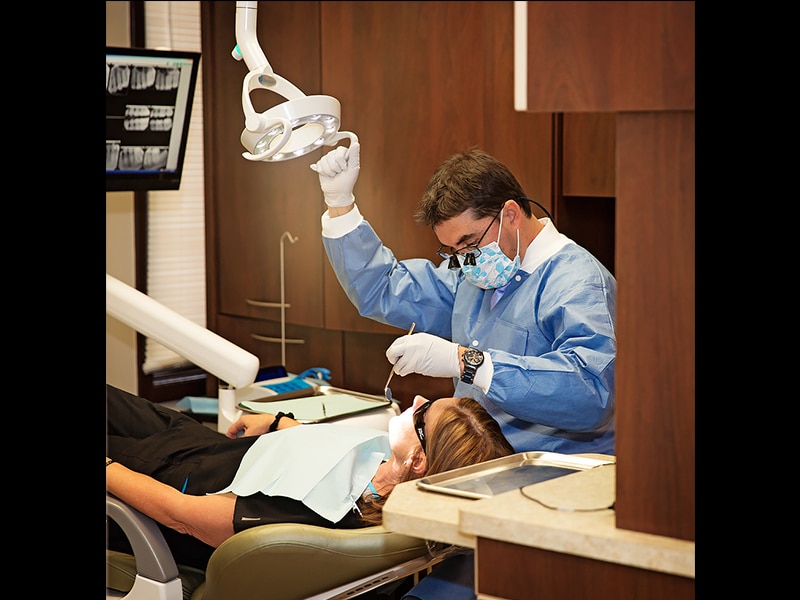Imagine sitting down for a delicious meal, ready to savor the flavors and textures, only to find that you can’t fully enjoy the experience because of missing teeth. Missing teeth can significantly impact your ability to eat and enjoy food, potentially leading to changes in your eating patterns. Let’s explore how missing teeth can affect your eating habits and discuss potential solutions to restore your dental function.
Chewing Efficiency
One of the primary functions of your teeth is to break down food into easily digestible pieces. With missing teeth, especially back molars, your ability to chew efficiently may be compromised. Chewing becomes a more challenging and time-consuming task, which can discourage you from eating certain foods. Consequently, your diet may shift towards softer, processed foods that require less chewing, potentially leading to nutritional deficiencies.
Altered Food Choices
Missing teeth can also impact the types of food you choose to eat. Often, individuals with missing teeth avoid hard, crunchy, or chewy foods due to discomfort or difficulty in chewing. The elimination of these food categories may result in a limited diet that lacks essential nutrients. This dietary restriction can negatively impact your overall health, as you may miss out on important vitamins, minerals, and fiber found in a varied diet.
Digestive Issues
Chewing is the first step in the digestion process. When you have missing teeth, inadequate chewing may lead to larger food particles being swallowed, which can strain your digestive system. Insufficiently broken-down food can put extra stress on your esophagus, stomach, and intestines, leading to issues such as indigestion, acid reflux, and constipation. These digestive issues can further impact your overall well-being and quality of life.
Changes in Bite Alignment
When a tooth is lost, neighboring teeth may start to shift and move, leading to changes in your bite alignment. As your teeth realign themselves to compensate for the gap left by the missing tooth, it can result in an uneven bite. An uneven bite can make it difficult to chew food evenly on both sides of your mouth, causing added strain on the remaining teeth and potentially leading to temporomandibular joint (TMJ) disorders.
Social Impact
Beyond the physical consequences, missing teeth can also have psychological and social implications. People may feel self-conscious about their appearance or worry about judgment from others when they eat. These concerns can lead to social anxiety and a loss of confidence when dining in public or participating in social gatherings. Consequently, individuals may restrict their food intake or avoid certain social situations altogether.
Missing teeth can significantly impact your eating patterns, from reduced chewing efficiency to altered food choices and digestive issues. It is crucial to address missing teeth promptly to avoid potential complications and maintain your overall health and well-being. If you are experiencing these challenges, seek professional dental care at New Smiles Dental. Our expert team can provide personalized solutions to restore your dental function and revitalize your enjoyment of food.











